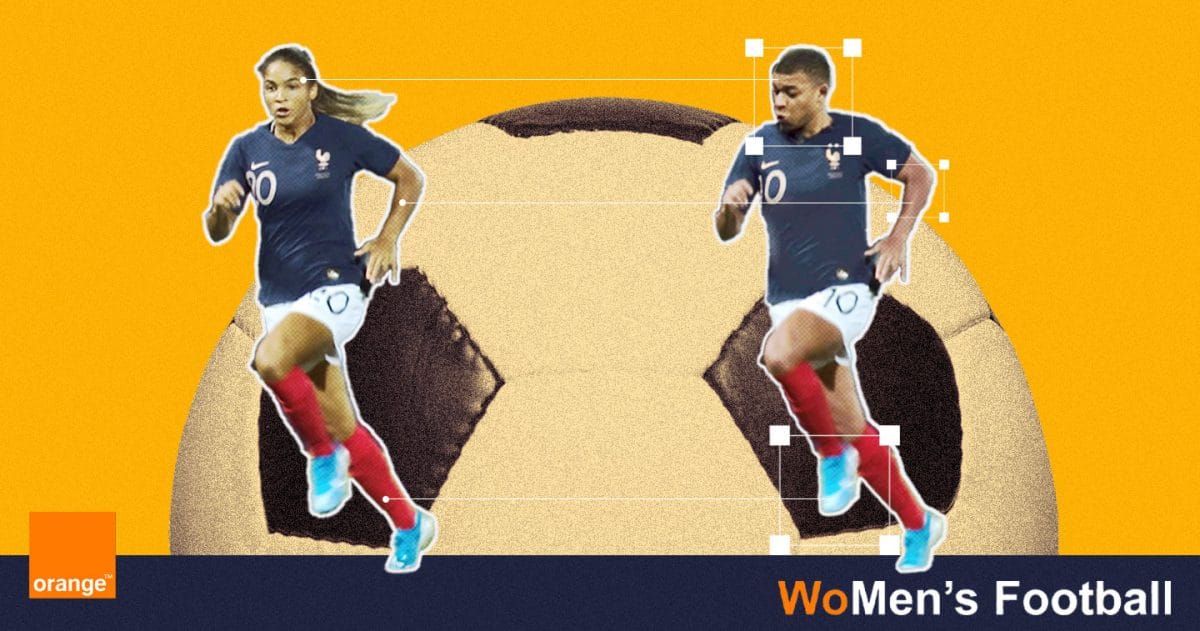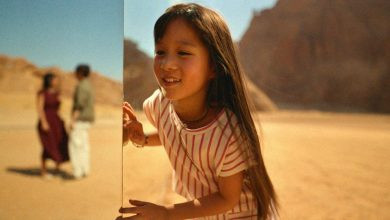NEW YORK, USA — At the recently concluded The One Show 2024 and D&AD 2024, the top ad in some of the industry’s most prestigious awards night was one that made viewers confront their gender biases head-on. “WoMen’s Football,” produced by Marcel Paris, Les Artisans du Film, and Prodigious for telecoms company Orange, featured a montage of thrilling highlights starring les Bleus, the French men’s national football team.
Except none of the players were actually in the footage.
At the halfway point of the video, it’s revealed that the highlights are actually from les Bleues, the women’s national football team. Their footage was overlaid with the likenesses of the men’s team and, with the help of advanced editing techniques, transformed so that the women’s moves were being performed by the men.
Why? To help audiences come face-to-face with their biases against women athletes. Female football players are often wrongly regarded as inferior to male players in terms of skill, resulting in an unfortunate lack of support from sports fans.
By highlighting how people would be impressed by les Bleues’ moves on the pitch if they thought they were being done by the men, Marcel and Orange made an important point: that sexism has no place in sports, and that all genders are equally deserving of our support.
Driving the point home with an inspired twist of copy — turning ”At Orange, we support les Bleus” into “At Orange, we support les Bleues”— the ad won 10 Gold Pencils, three Silvers, three Bronzes, and six merits at The One Show, en route to earning top honors as the night’s Best of Show. At the D&AD Awards, it won five Graphite Pencils, two Yellow Pencils, three Wood Pencils, two Shortlists, and the rare Black Pencil for Digital & Social: Tactical.
A patriarchal view of feminism?
Brilliant as the concept is, the ad isn’t immune to criticism over its execution.
Uplifting women athletes by showing they are as good as men rather than being able to stand on their own merits feels a little flimsy when held against more modern takes on feminism in sports. The ad’s approach may even exacerbate biases among more sexist audiences by inadvertently implying that men are the standard of performance. Comparison-centric messaging often induces a reverse halo effect among viewers with strong prejudices.
In the case of “WoMen’s Football,” this is seen in the comments section for these videos, where sexist viewers claim to have known from the outset that the footage was actually of les Bleues, citing “clumsiness,” “slowness,” and a “lack of skill” as the giveaways.
It’s also unfortunate that an ad that advocates for women’s sports is imbalanced in favor of men. From beginning to end, it’s the male athletes’ likenesses that precede the females’, even after the twist is revealed. That the ad itself gives the likenesses of these women 36.5% less screen time than those of the men (40 seconds vs. 63, respectively) is an oversight that undermines the intended message.
These shortcomings show that although the ad is well-meaning, its execution is still at risk of espousing a brand of pseudo-feminism rooted in a more patriarchal mindset. As-is, it’s easy to mistake its message to be “support women, because they can be as good as men,” which, as a statement against gender bias, is questionable at best. At its worst, it entrenches sexist attitudes while painting over the real issues at hand — ironically and quite literally so, in this particular case. Eliminating the possibility of the ad’s message being interpreted in this way would have resulted in a stronger, more genuine expression of its advocacy.
This is just the start
Even then, “WoMen’s Football” has succeeded in opening up conversations around gender bias in sports. Public reaction to the video has been largely positive, and on a global scale. Beyond drumming up support for les Bleues, it’s inspired younger generations of women to take to the pitch, now that their role models aren’t just more visible, but also recognized for their incredible skill level. People are talking more and more about female athletes in general, and that’s always a good thing.
These conversations, however, need to grow beyond rousing up fan support. Gender bias in sports is at the core of very real problems, with female athletes not only earning significantly less than males at the same professional levels, but also struggling to find the same fervor from sponsors that men’s teams typically enjoy. The hope with “WoMen’s Football” and other similar campaigns is that they continue to spark change on a wider scale.
With coverage in over 90 countries, more than 200 billion impressions online, and 200+ million organic views, there’s a very real chance it get things started on that scale, and that is something worth celebrating.








